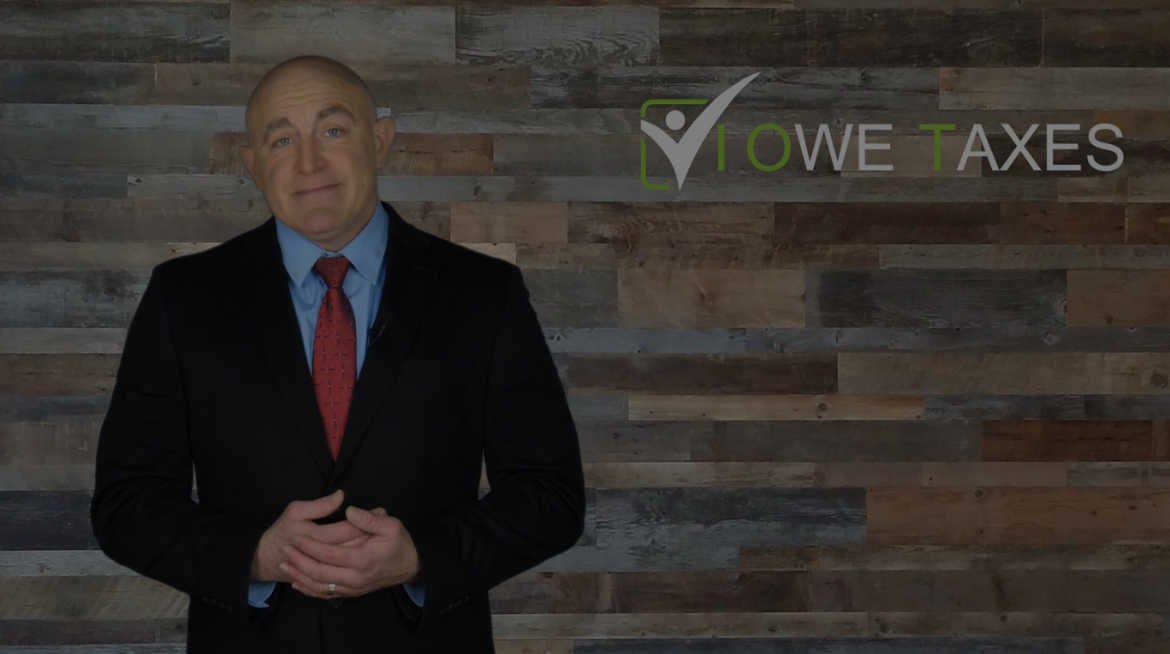TRUST FUND RECOVERY PENALTIES
In order to help ensure that a business remits the proper amount of withholding, social security and Medicare from employees paychecks, the Internal Revenue Service can impose a penalty on any person who the IRS determines was responsible for collecting and remitting the tax to the IRS, and willfully failed to do so. This is the Trust Fund Recovery Penalty, also known as the 100 percent penalty. The persons deemed responsible do not have to be owners or directors in order to be held responsible for this penalty. We have successfully helped individuals through this maze when the IRS is trying to assert the trust fund recovery penalty on individuals. If you have questions or need help call us at 1-800-408-3122 or email us at taxhelp@iowetaxes.com
Understanding what happens if you are held liable
If the Internal Revenue Service determines you are liable for the penalty, they will attempt to collect from you as well as the business, putting your bank accounts and other assets at risk of being seized. It is therefore important to gather all information as soon as possible to show why you should not be deemed responsible, or to work with the Internal Revenue Service to negotiate an agreement.

Understanding if multiple people are deemed responsible
Even if other people are deemed responsible for the penalty as well as you, the Internal Revenue Service is only interested in getting the money it is due, so they will likely take all the money from the easiest place they can find to get paid, even if it means taking all the money from your personal bank account to satisfy the entire debt. While this might not seem fair that they are not aggressively going after others to pay part of the debt, the reality is they just want the money they are due. They will likely take the money from the easiest source, and leave it to you to fight it out with other responsible parties to try to get some of your money back from them. Therefore, you should act quickly to try to avoid being held as a responsible party.
Gathering relevant documentation
It is important to gather and organize all relevant information to present to the IRS to show that the taxpayer was either not responsible or willful in not paying in the tax collected.
Negotiating with the revenue officer
Before a decision is ultimately reached, it is important you make sure you communicate clearly and the officer understands all facts that could support your case.
Appealing an adverse decision
Even if the IRS decides against you, there are still appeal rights. However you must appeal within a timely manner to retain all rights.

Questions You Might Have
The Trust Fund Recovery Penalty, which is also known as the 100 percent penalty, is an additional tool of the Internal Revenue Service to collect delinquent payroll taxes. The penalty is designed to collect tax that has been withheld from employees pay, but not remitted to the IRS. When money is withheld from an employee's pay for withholding, social security or Medicare but not remitted, the IRS will attempt to collect the money from responsible parties through this penalty.
But what if I am not an owner of the business? Can I still be held liable for the Trust Fund Recovery Penalty? You do not have to be an owner or officer in a business to be held responsible for the TFRP. The Internal Revenue Service can and will assert this penalty on anyone who willfully fails to collect and pay payroll taxes as required. The IRS has held bookkeepers responsible for this penalty even though there is no ownership. Essentially, anyone in an organization who the Internal Revenue Service can show they were responsible to collect or pay these taxes can be held responsible.
The Internal Revenue Service will gather a lot of documentation in their attempts to determine who the responsible persons are for paying the payroll taxes. They will be looking for who pays the bills, and has decision making authority over who gets paid and when they get paid. The IRS will mail a letter to you that comes with a form. It is extremely important that you do not sign this form unless you are agreeing to be held responsible for the TFRP. Do not ignore this, and act immediately, seeking professional help if necessary.
The other factors are, if you're an officer, director, shareholder or involved in the corporation enough that you make the determination as to which creditors get paid. That can be done in several different ways. Either a signatory on the bank account or, in the event that the officers, directors, shareholders, whoever it is that gets together on a regular basis, when the company is short of funds, who decides who gets paid? There'd be some type od a general ledger or some type of a cash disbursements journal and there'll be tick marks on those saying that these people decided that these all other creditors would get paid when there's limited amount of funds.
That's what the IRS usually determines as to who gets assessed for trust fund recovery penalty. In addition, they'll take a look at any officer, director, shareholder or main person in the corporation, and if you're one of those people, they'll look at all the facts and circumstances to determine whether they're going to assess the trust fund recovery penalty against you.
In the event that you are a primary person in the company that doesn't pay his payroll taxes, please contact this law firm. We'll build up the facts and evidence early in the stage so we can go to the revenue officer in order to show that you're not a responsible party who willfully failed to pay the payroll taxes.
The IRS has three years to assess the Trust Fund Recovery Penalty, beginning with April 15th of the year after the trust fund taxes were due to be filed and paid. After the penalty is assessed, the Internal Revenue Service has ten years to collect the tax.
It is possible to appeal a Trust Fund Recovery Penalty assessment, provided it is done within the sixty day window to file an appeal of the IRS decision. To prevail, it should be shown that the person who was assessed was not willful in the failure to remit taxes or that they were not a responsible party.
The IRS may still impose the TFRP because they are limited in the amount of time the penalty can be assessed to three years. They may still impose the penalty, largely to protect themselves in the event the business stops paying as agreed.
Call us at 1-800-408-3122 or you can email us at taxhelp@iowetaxes.com for a free, no obligation consultation.



